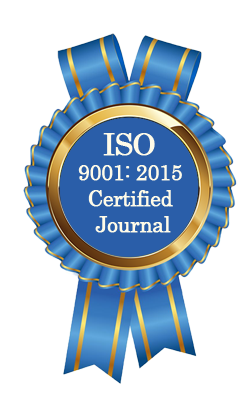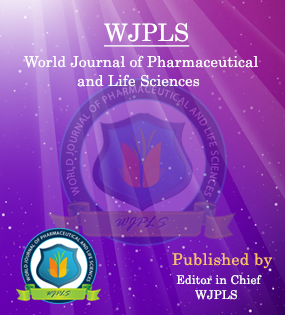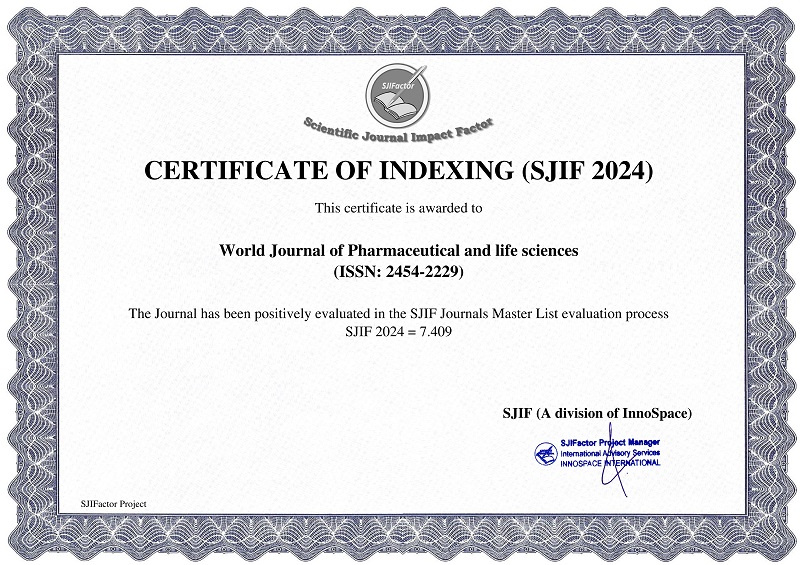Abstract
A STUDY ON SCREENING OF ADVERSE DRUG REACTIONS IN THE DEPARTMENT OF DERMATOLOGY IN A TERTIARY CARE HOSPITAL
Dr. R. Navakanth Raju* and Dr. K. Narotham Reddy
ABSTRACT
Introduction: Adverse drug reaction is a response to a drug which is noxious and unintended and which occurs at doses normally used for prophylaxis, diagnosis or therapy of disease, or for modification of physiological function. Objectives: To screen and evaluate the incidence of adverse drug reactions in the dermatology department and to identify common class of drugs responsible for ADRs and categorize the adverse drug reactions by using WHO causality assessment scale. Methods: A prospective observational study was conducted in Inpatient and outpatient department of dermatology in RIMS Government general hospital, Kadapa. The present study was conducted for a period of 6 months from November-2016 to April 2017. All the recruited subjects (N=500) in the both in-patient and out-patient Department of Dermatology were screened. Results: During the study period a total of 500 patients were screened in the department of dermatology for adverse drug reactions (ADR). Out of which 17 patients encountered for ADR. Out of 17 ADRs, 6 ADRs encountered during treatment in the department of dermatology, 5 ADRs were ADR related admitted admission into department of dermatology, 6 ADRs were identified during refer from other department. The incidence of the study was 3.5%. Causality assessment of ADRs by NARANJO scale was found to be Definite-0%, Probable-35.30%, Possible-64.70% and Doubtful-0%. In our study out of 17 patients, in 8 patients suspected drug was discontinued, in 7 patients the drug has been not changed, dose reduction was done in the 2 patients. Conclusion: From the results it was concluded that steroids and anti-retrovirals are most common implicated drugs responsible for adverse drug reactions and most effected organ system is skin and a wide clinical spectrum of ADRs ranging from mild maculopapular rash to serious stevens johnson syndrome was observed. Educating the patients and health care professionals on adverse drug reactions prevention can reduce the chances of occurrence of ADRs in hospitals.
[Full Text Article] [Download Certificate]WJPLS CITATION 
| All | Since 2019 | |
| Citation | 422 | 322 |
| h-index | 9 | 7 |
| i10-index | 4 | 2 |
INDEXING
NEWS & UPDATION
BEST ARTICLE AWARDS
World Journal of Pharmaceutical and life sciences is giving Best Article Award in every Issue for Best Article and Issue Certificate of Appreciation to the Authors to promote research activity of scholar.
Best Article of current issue
Download Article : Click here





